A fireproof safe can be one of the best investments you make for your family’s protection and ongoing security. These affordable, briefcase sized boxes are capable of withstanding incredible temperatures while protecting the contents inside.
They can be worth their weight in gold when disaster strikes – but only if you fill them with the right items!
Make sure you’ll have what you need in the wake of an emergency. When deciding what to place in your fireproof box, be sure to stock the following items.
Insurance policy and other important documents
When you’re trying to rebuild after a devastating event like a fire, the last thing you want to have to worry about is trying to remember the exact details of your insurance policies or account numbers. That’s why the number one thing to stock in your fireproof safe should always be your essential documents and records.
Make sure you place copies of your insurance policy information and your important financial records (account numbers, credit card numbers, etc) in your fireproof safe. Having these available in the immediate aftermath of a disaster can make all the difference between a speedy recovery and rebuilding process, and a prolonged, frustrating hardship.
Identification
Along with your insurance policy, stow away some of your more sensitive pieces of ID. While you obviously can’t stow every piece of ID away in a box, there are plenty of items like your SIN card, birth certificate, and passport that you likely don’t use on a regular basis. Putting them away in a fireproof box not only means you’ll have them when you need them the most (trying to find a hotel to stay in during an emergency, having other forms of ID easily reissued, etc), you’ll also never get caught flat footed in less dire situations. No more running around the house two days before a trip trying to find where you placed your passport for “safekeeping!”
Medical and personal information
Record any important medical information you or your family may need after an accident and put it in the safe. This can be especially crucial if you end up incapacitated or otherwise unable to focus after an accident and can’t communicate these needs clearly on your own. Keep the contact information for your family doctors, details on any regular medications or prescriptions you and your family may have, any allergies or special conditions that should be considered, and so on.
And without being morbid, it’s a good idea to keep a copy of your will in the box as well. Hopefully it would never be necessary, but just in case the worse should happen, you’ll want to make sure it’s available for your family.
Keys
Do you have a safety deposit box in a bank? A cottage location off by the lake? Keys to your aging parent’s home? Consider keeping a spare set in your fireproof safe. For things like a safety deposit box, you may need whatever you keep in yours after an accident and it’s unlikely you visit it on a regular basis, so storing the keys in the fireproof safe makes a lot of sense. For other kinds of keys, they may be less immediately useful, but still handy to know you have after an emergency. Accidents have a nasty way of making their effects felt months or even years after the incident, and having to call a locksmith to open up your cottage is just the kind of insult to injury you don’t want to have to deal with.
Photos and keepsakes
Last but not least, keep some copies of family photos and precious keepsakes in the box. These items might not be as practical as ID or bank account info, but they’ll be the things you’ll reflect on the most years later. A few thumb drives or CDs with the family photos and home movies on them don’t take up much room and you’ll be glad to have them.
Other items are up to personal choice. Some people like to put some of their more valuable pieces of jewelry away for safekeeping. Others have memorabilia they want to keep safe, or small items with high sentimental value. After you have the essentials put away, think about what else you’d most like to save and if keeping it stowed away makes sense.
Nothing will ever make up for the loss and devastation of a major fire or accident that destroys your home, but the damage can be mitigated. With the proper insurance coverage and a few small preparations like storing the right items in a fireproof safe, you and your family can recover and rebuild from almost any disaster.




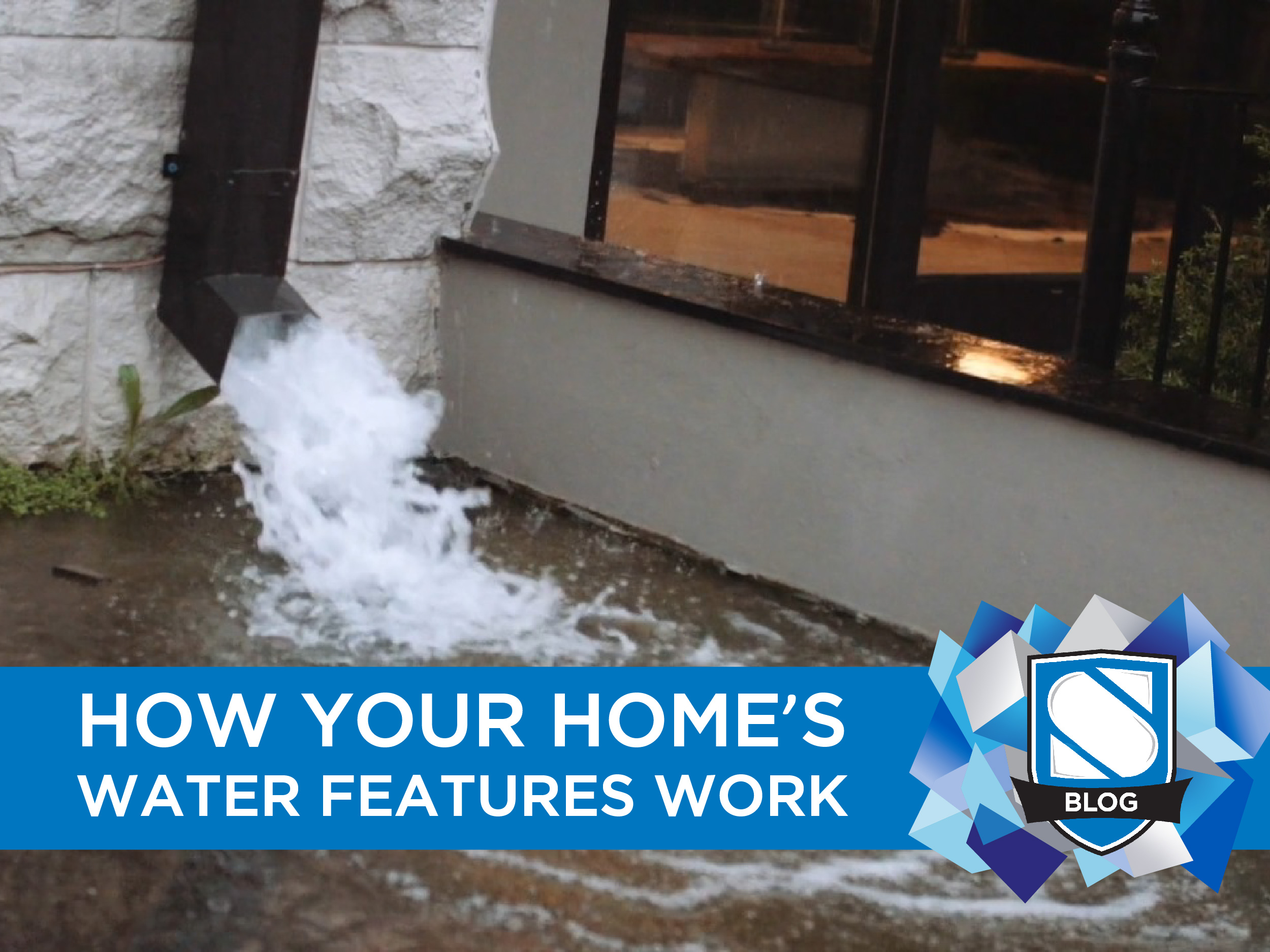
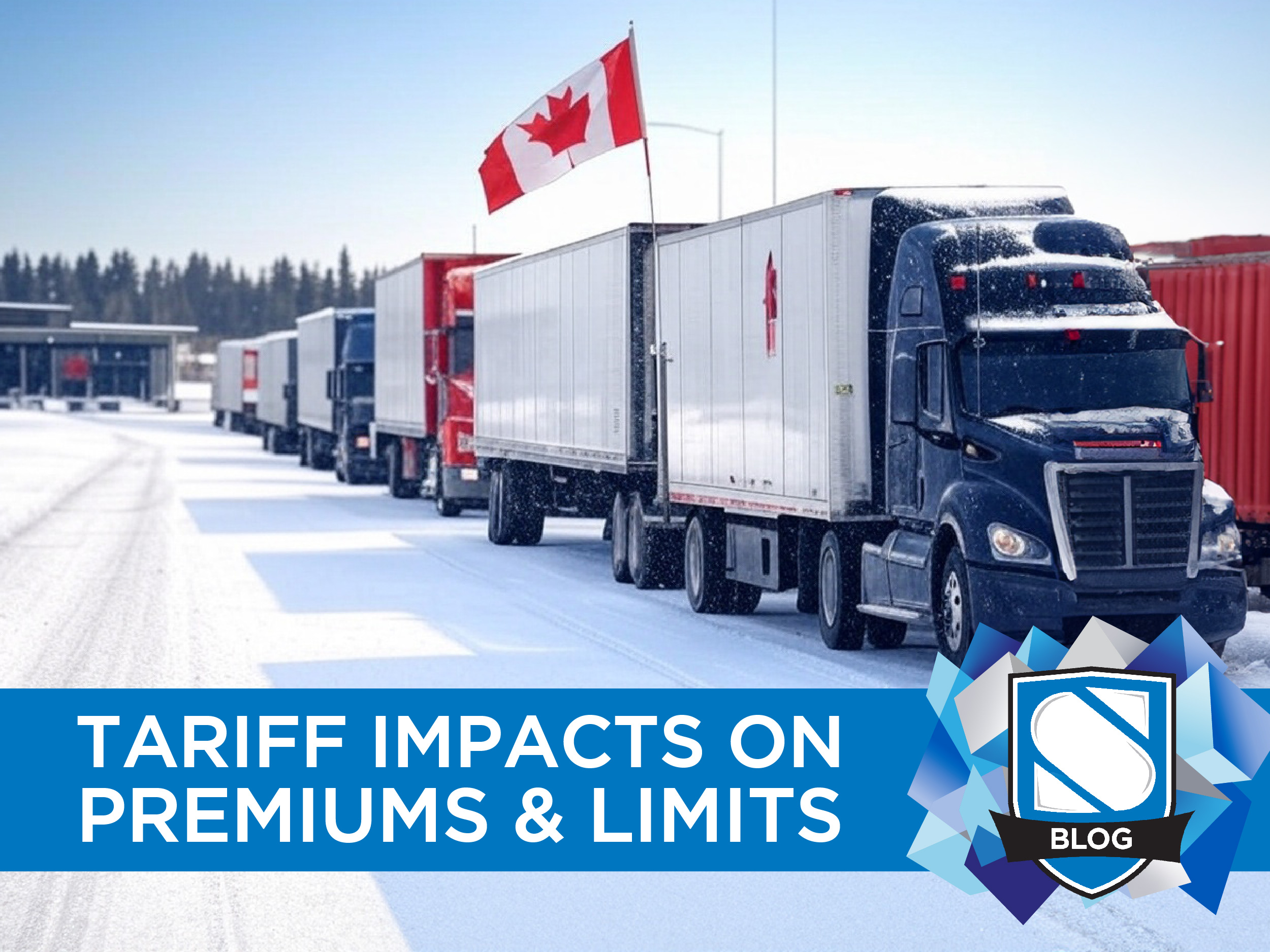
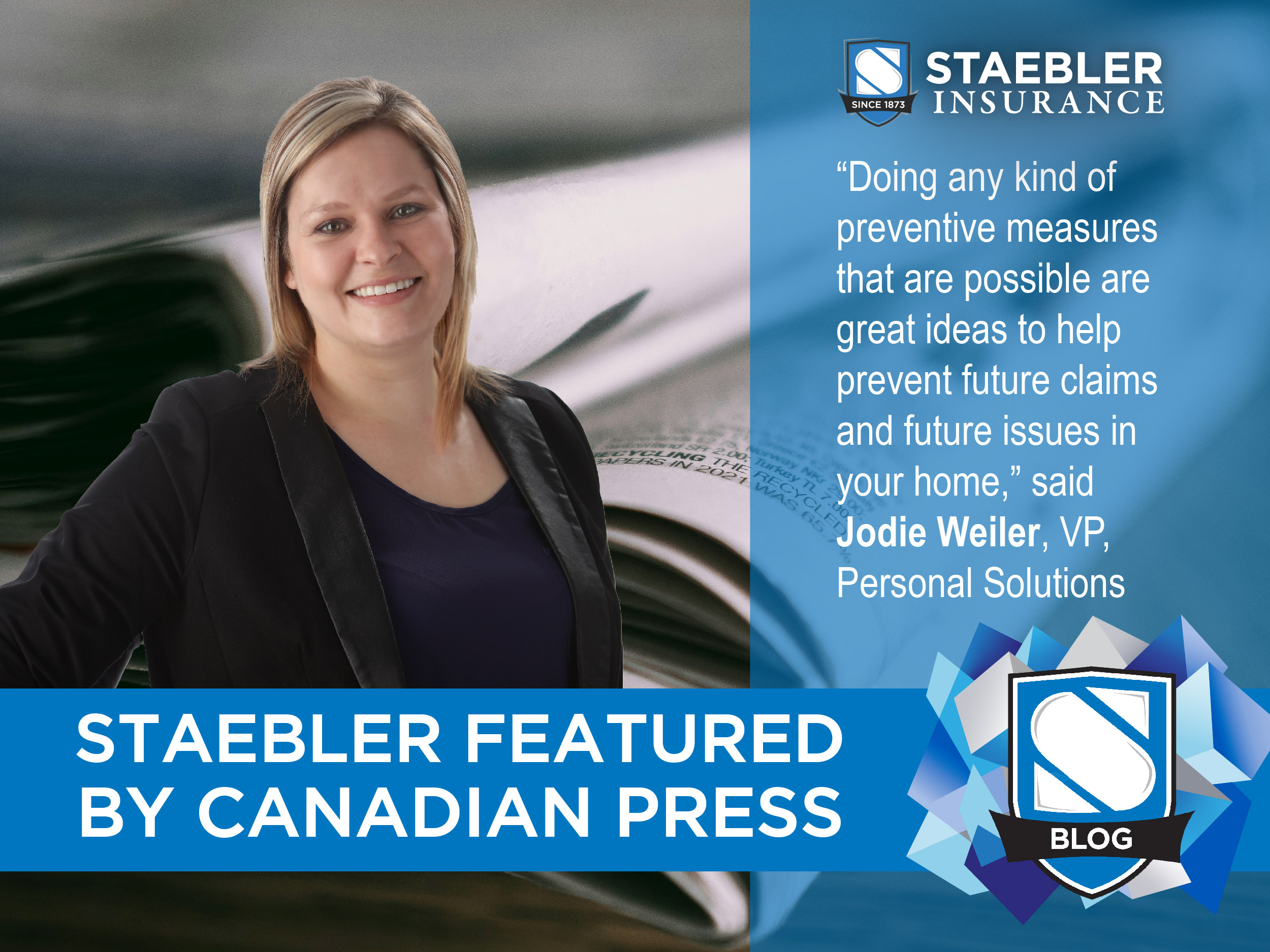
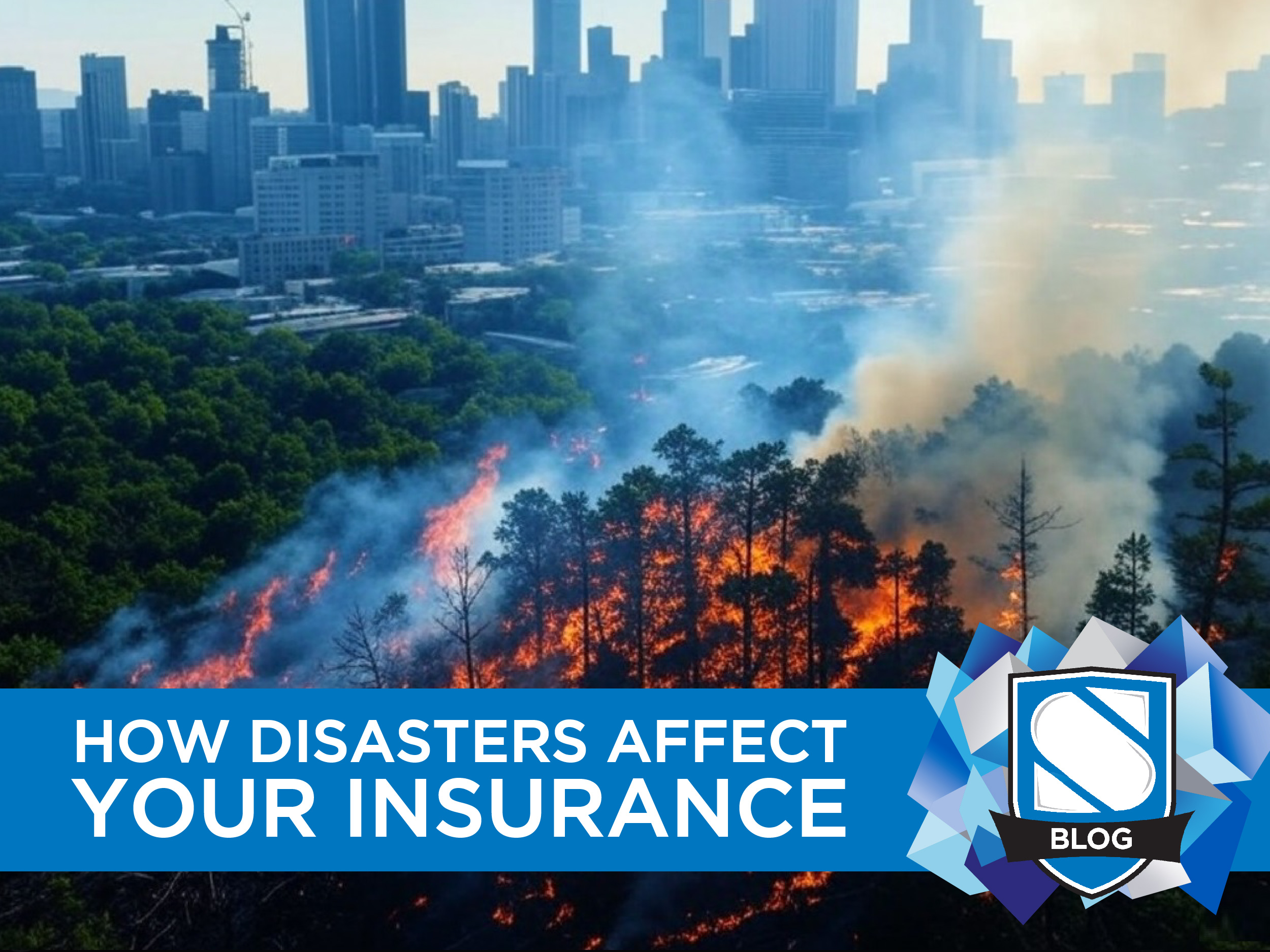
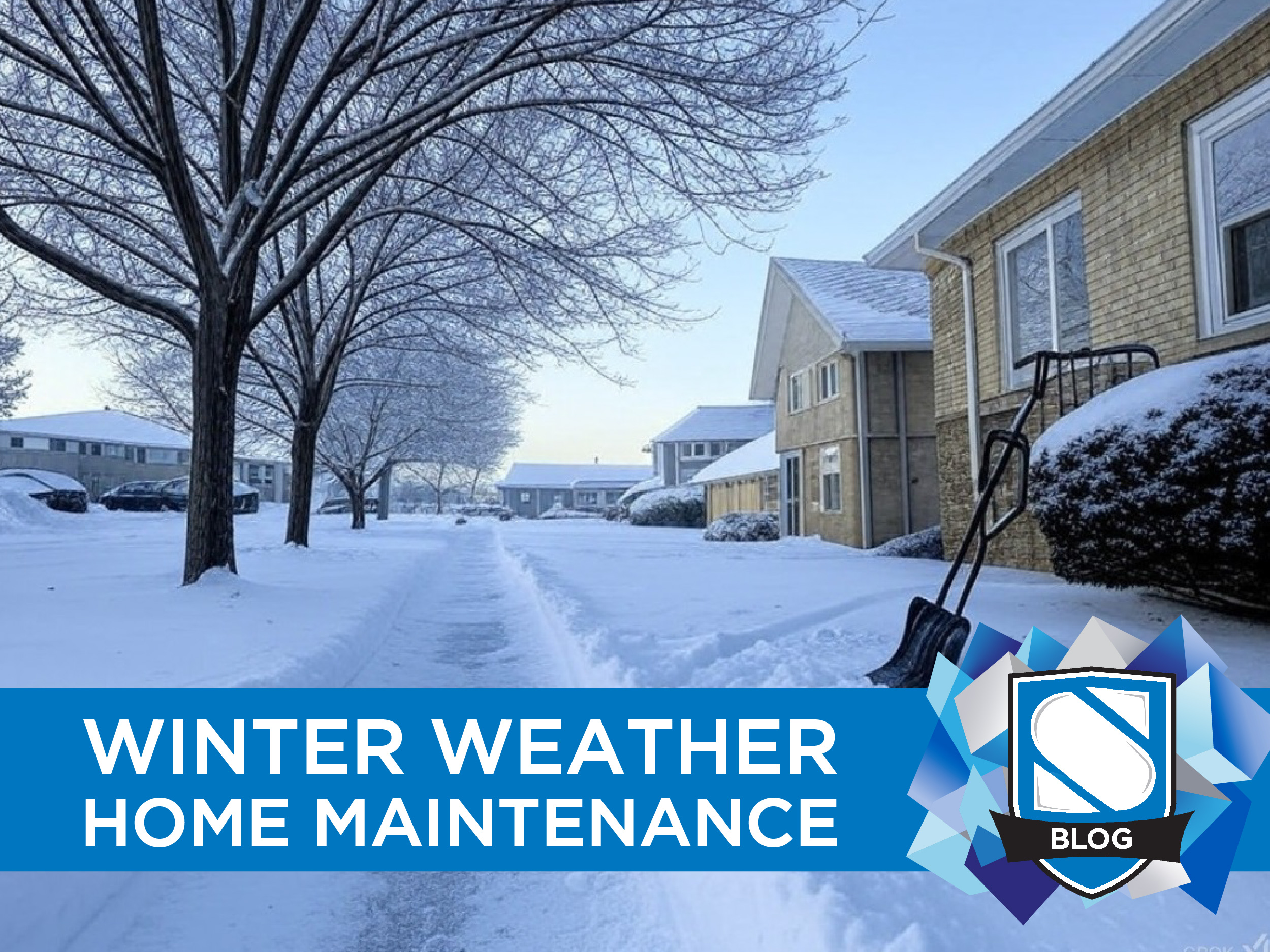

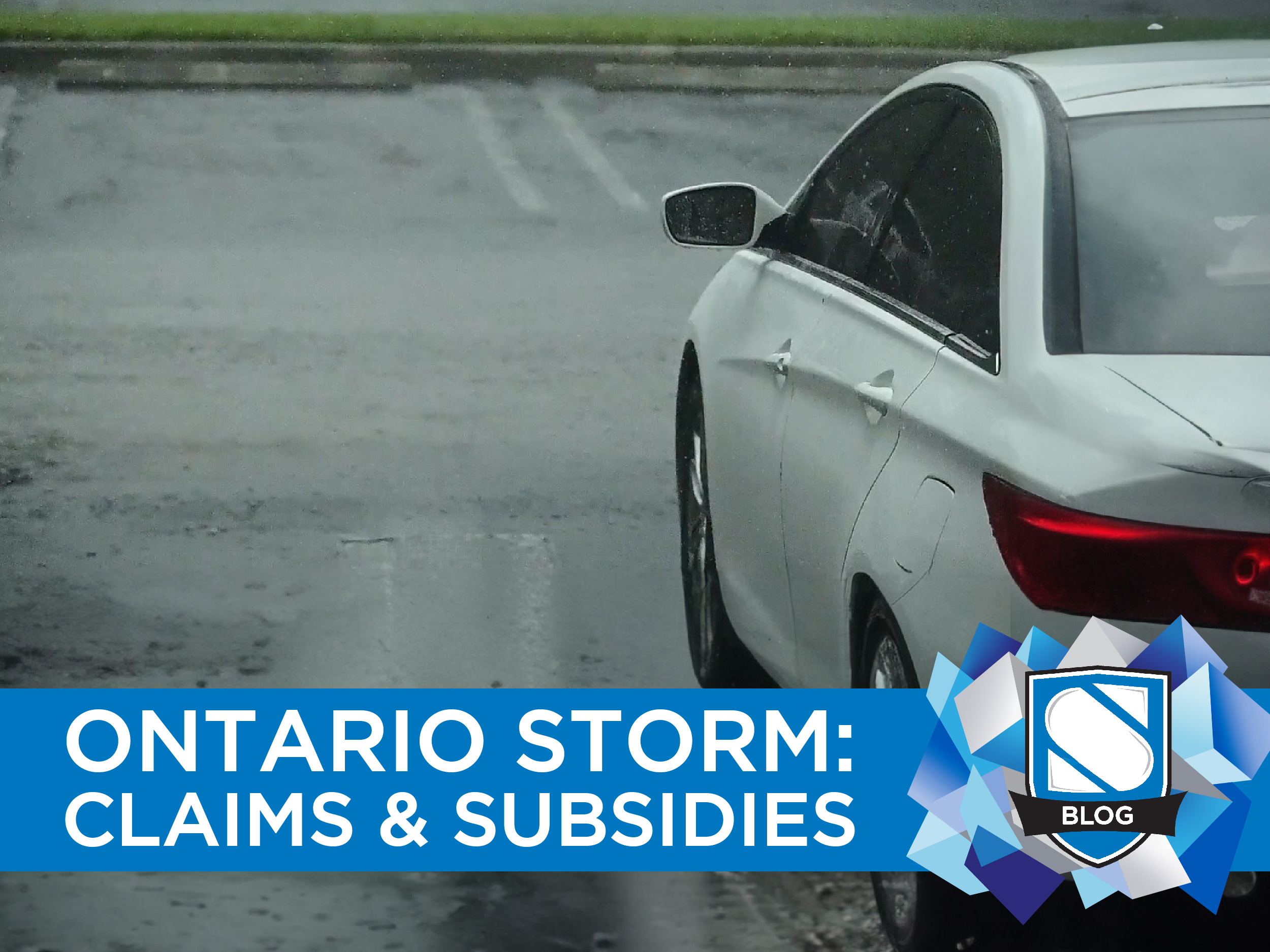
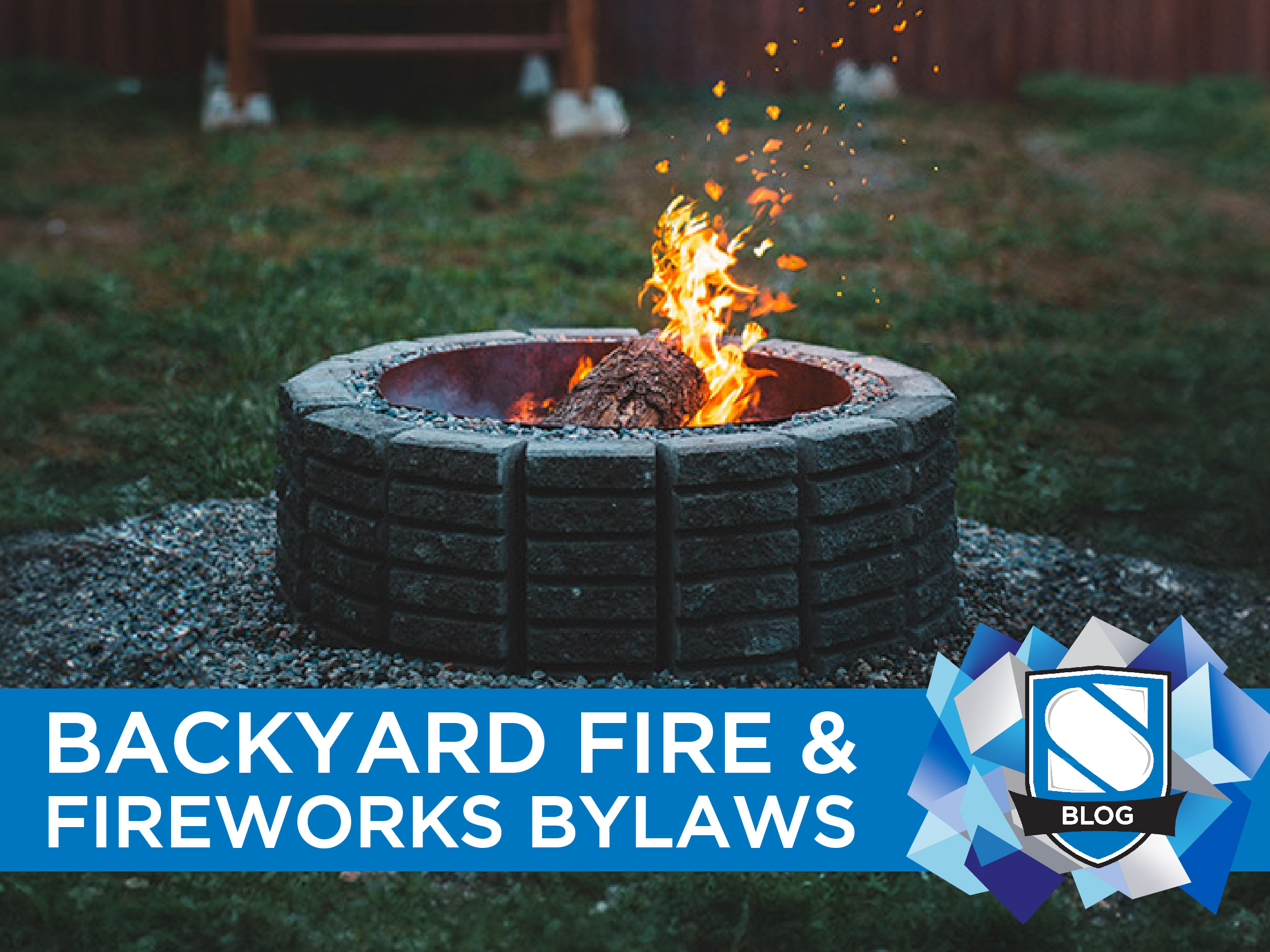

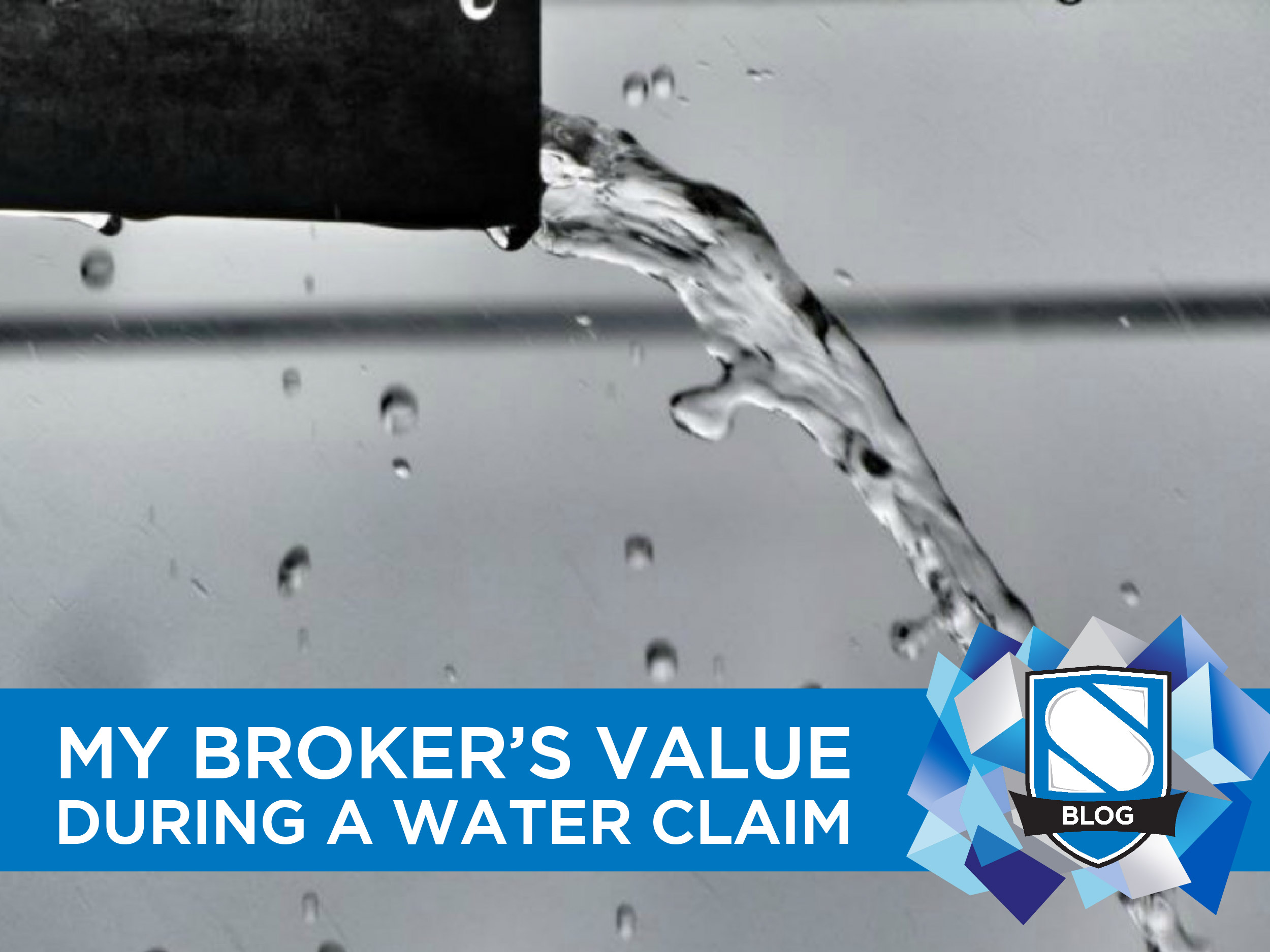
0 Comments